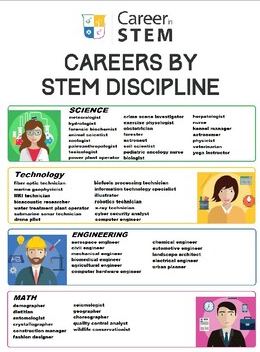
Employers are less likely to hire older workers than younger ones because they worry that they won't be as creative, innovative, collaborative, or open-minded. There are ways to combat ageism in any job search, no matter what stage you're at. The following are some common misconceptions about older workers and how you can combat them.
Employers are concerned that older workers will not be open-minded and coachable.
Many employers worry about older workers. But some are not based on reality, and others are unfounded. We tend to generalize and assume, so it is important to know the facts before you get swept away by the negative perceptions.
Employers increasingly seek open-minded employees who are able to coach and collaborate. Research shows that employees with these qualities are more likely to help a company succeed. They are also more reliable. This might seem obvious, but age discrimination is a very serious problem in this country.

Employers fear that older workers might not be as adaptable to modern workplaces. There are ways employers can combat this myth. They can show older workers that they are open to learning new things and are able to adapt to work.
Strategies to combat ageism during a job hunt
For many older workers, ageism is a major problem that prevents them from finding the right jobs. Statistics show that almost two thirds of workers between 45 and 74 experienced ageism in their careers. Many believe that the only problem with ageism is older workers. However, it can affect anyone at any age. Ageism refers to a form discrimination that excludes older workers of certain jobs and wages. There are many ways to combat ageism during a job search.
Understanding ageism and its impact on job search is the best way to combat it. Many companies will make arbitrary assumptions about you age and your experience that can negatively impact your job application and interview. Keep your age under control and avoid age-related mistakes.
Myths about older workers
While there is a stigma attached to older workers when it comes to job searching, the truth is that they are far more capable than this stereotype suggests. Despite many stereotypes, older workers are still incredibly capable of learning new skills and advancing their careers. Many people in their 40s or 50s are changing careers and taking online courses to enhance their skills. Moreover, older workers are twice as likely to stay at a job than younger workers.

Some job hunters mistakenly believe that employers will only hire the most talented or young workers. However, recent labor statistics suggest that employers are hiring more older workers. Another misconception that older workers have about job searching is that they are less productive and efficient. This perception has led to many job seekers believing that they won't be able to get past the first hurdle in their job search.
Research has shown that older workers can improve their skills and be more adaptable than younger ones. A study found that older workers were better at problem solving than younger workers. They draw on their extensive experience to help develop problem-solving solutions.